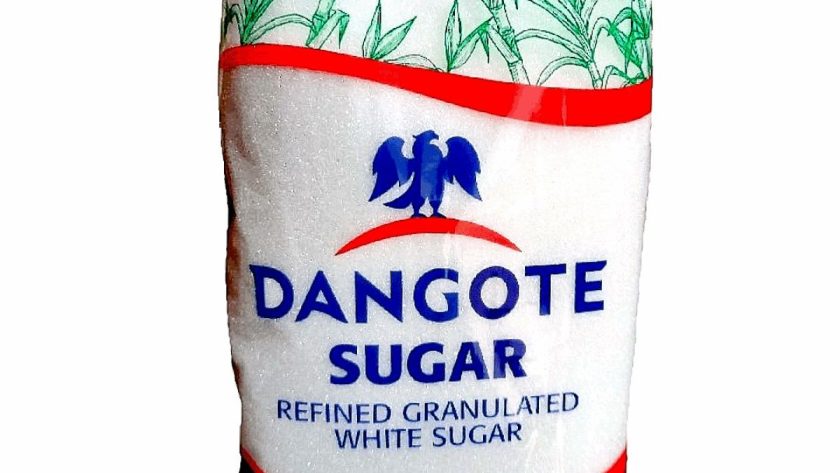Dangote Sugar Refinery Rises as Investors Confidence Improves
Dangote Sugar Refinery Plc.’s market value has increased by about N61 billion in the stock market over the last seven trading sessions on the Nigerian Exchange. Its share price surged to N52 at the close of the trading session on Wednesday, up by 11% in 7 days as investors began to position ahead of the second quarter of 2025 earnings release.
The company’s market value reached N631.637 billion on the Nigerian Exchange on Wednesday as investors traded more than 4.5 million units in an open market. The latest earnings performance of the company has not been impressive, and this forced some of its shareholders to sell down their interest in the sugar refinery.
But with improved macro indicators, some analysts are projecting Dangote Sugar earnings to recover from external and internal pressures as the industry continues to enjoy government protection.
During the week, Moody’s indicated that Dangote Sugar Refinery Plc’s ratings, including its Caa1 corporate family rating (CFR), Ba1.ng national scale rating CFR with a stable outlook, remain unchanged.
The ratings reflect the positive sugar industry fundamentals supported by protective government regulation and demographic and societal trends in Nigeria, where the company has all its assets, according to its review note.
“Dangote Sugar’s dominant market positioning as Nigeria’s largest manufacturer and seller of refined sugar is reflected in a track record of adequate operating margin of 14%-22% in 2020-23”.
In 2024, the sugar refinery’s operating margin fell sharply to 1.9% amidst a material reduction in profitability attributed to high procurement costs as a result of the sharp naira devaluation. Moody’s highlighted the company’s capacity to pass through additional costs over time and its growth potential under the Backward Integration Program (BIP).
Dangote Sugar’s ratings also take into account its operational exposure to Nigeria, a country that has high social, political, economic, and regulatory risks, according to its ratings update.
The company ratings also reflected its high exposure to commodity price volatility through raw material imports of sugar and its foreign currency risk due to importing in hard currencies and selling locally amid a depreciating Naira scenario.
Moody’s cited the company’s reliance on letters of credit of N399 billion as of 31 March 2025, which are interest-bearing and are used for hard currency working capital financing, and the company’s weak credit metrics, resulting from its low earnings and high levels of debt driven by commercial paper issuance and letters of credit. Nigeria Bond Yield Sinks Below 17%, Subsidy Savings Ease Offer

